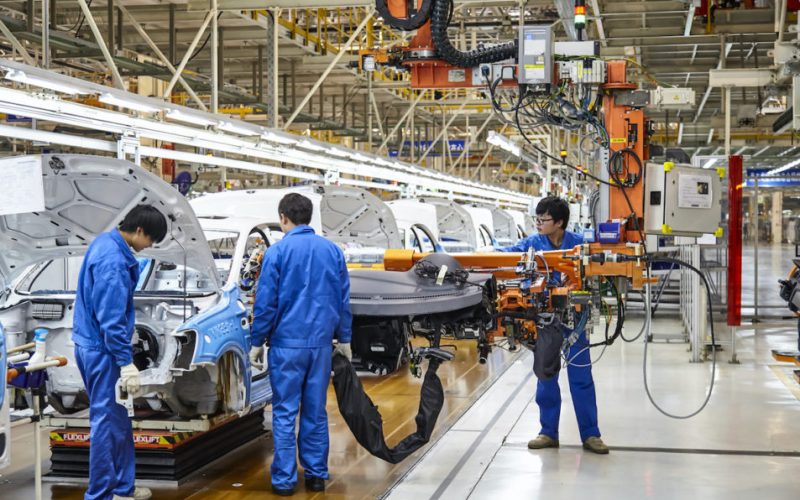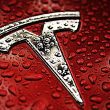The automotive industry is undergoing a transformative shift towards sustainability, with electric vehicle (EVs) emerging as a frontrunner in the race towards reducing carbon emissions. China, a global leader in EV production, has been a significant contributor to this revolution. However, recent developments, such as the European Union’s (EU) imposition of tariffs on EV imports from China, have sparked debates regarding their implications. This article delves into the significance of these tariffs and their potential ramifications on both the EU and China.
Understanding the EU Tariffs

The EU’s decision to impose tariffs on EV imports from China stems from concerns over fair trade practices and market competition. These tariffs, introduced in response to alleged state subsidies and market distortions in China’s EV industry, aim to level the playing field for European manufacturers. With tariffs ranging from 10% to 20%, depending on the product and time frame, the EU intends to protect its domestic market while encouraging sustainable and fair competition.
Impact on China’s EV Industry
China’s EV industry, which has experienced exponential growth in recent years, faces significant challenges due to the EU tariffs. The imposition of tariffs threatens to disrupt China’s export-oriented EV market, potentially leading to decreased exports and a decline in market share. Moreover, Chinese manufacturers may face pricing pressures, making their products less competitive in the EU market.
Analysis Table: EU Tariffs vs. Chinese EV Industry
| EU Tariffs | Chinese EV Industry |
|---|---|
| Aim to address alleged market distortions | May disrupt export-oriented market |
| Range from 10% to 20% depending on the product | Could lead to decreased exports and market share decline |
| Intended to promote fair competition | May exert pricing pressures on Chinese manufacturers |
Potential Responses from China
In response to the EU tariffs, China may adopt various strategies to mitigate their impact. One potential approach involves lobbying for negotiations and seeking exemptions or reductions in tariffs through diplomatic channels. Additionally, Chinese manufacturers could focus on diversifying their export markets, reducing their reliance on the EU. Moreover, investments in research and development to enhance product quality and innovation could bolster China’s competitiveness in the global EV market.
Implications for the EU
While the EU tariffs aim to protect domestic manufacturers and promote fair competition, they also carry potential consequences for the EU. The tariffs could lead to increased prices for EV consumers in the EU, limiting access to affordable electric vehicles. Furthermore, strained trade relations between the EU and China may hinder future collaborations on sustainability initiatives and technological advancements in the EV sector.
Comparative Table: EU and Chinese Responses
| EU Response | Chinese Response |
|---|---|
| Aims to protect domestic market | Seeks negotiations and exemptions from tariffs |
| Could lead to increased EV prices in the EU | Focuses on diversifying export markets and innovation |
Conclusion
The EU’s tariffs on EV imports from China signify a pivotal Electric Vehicle moment in the global automotive industry’s transition towards sustainability. While intended to address concerns over fair trade practices, these tariffs pose challenges for both the EU and China. Navigating these challenges requires strategic responses from both parties, including diplomatic negotiations, market diversification, and investments in innovation. Ultimately, fostering cooperation and fair competition is essential for achieving mutual goals of sustainability and technological advancement in the EV sector.












